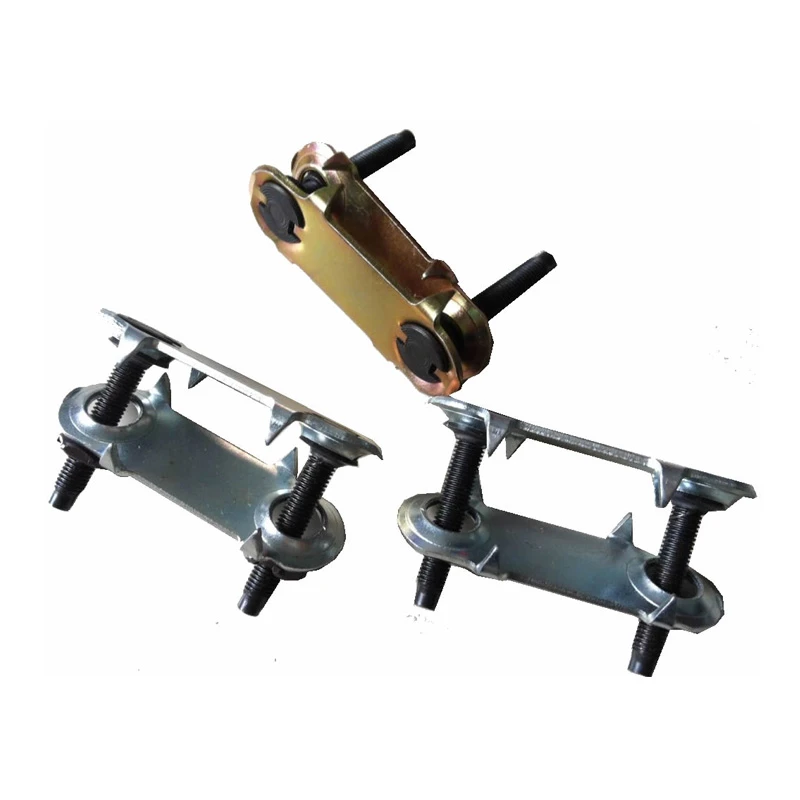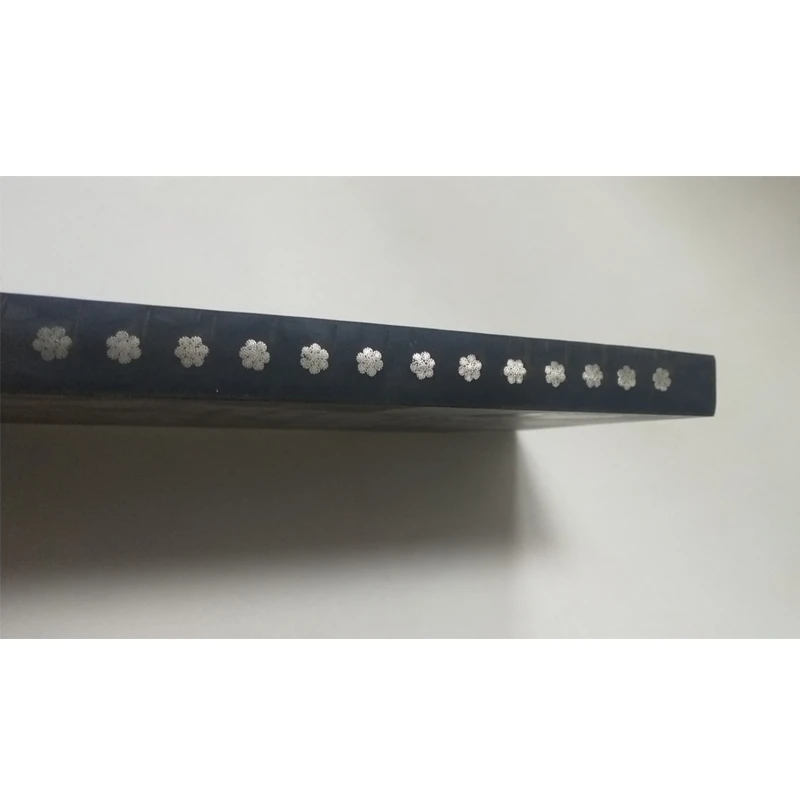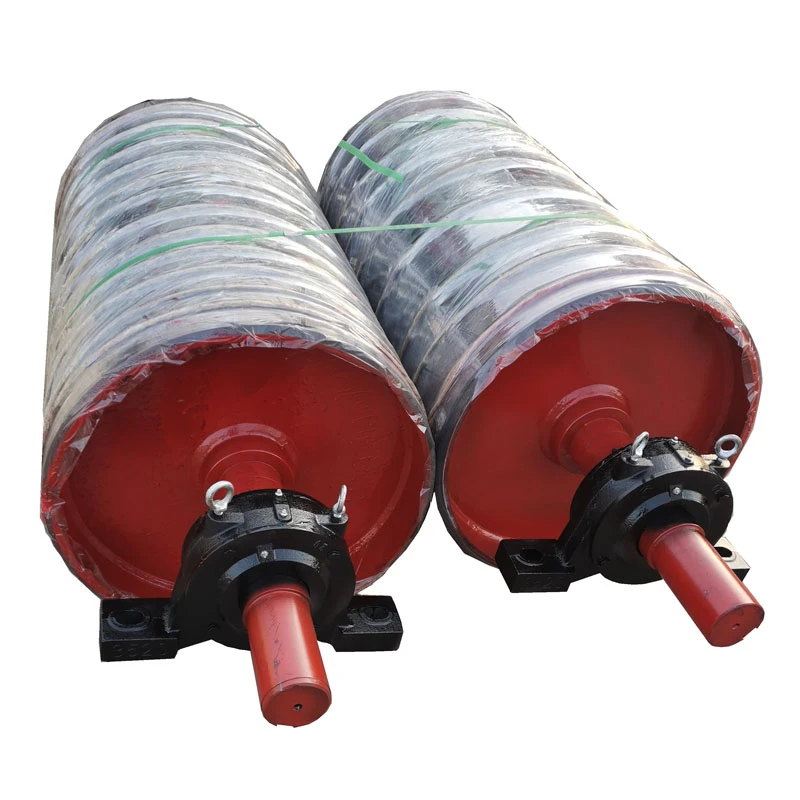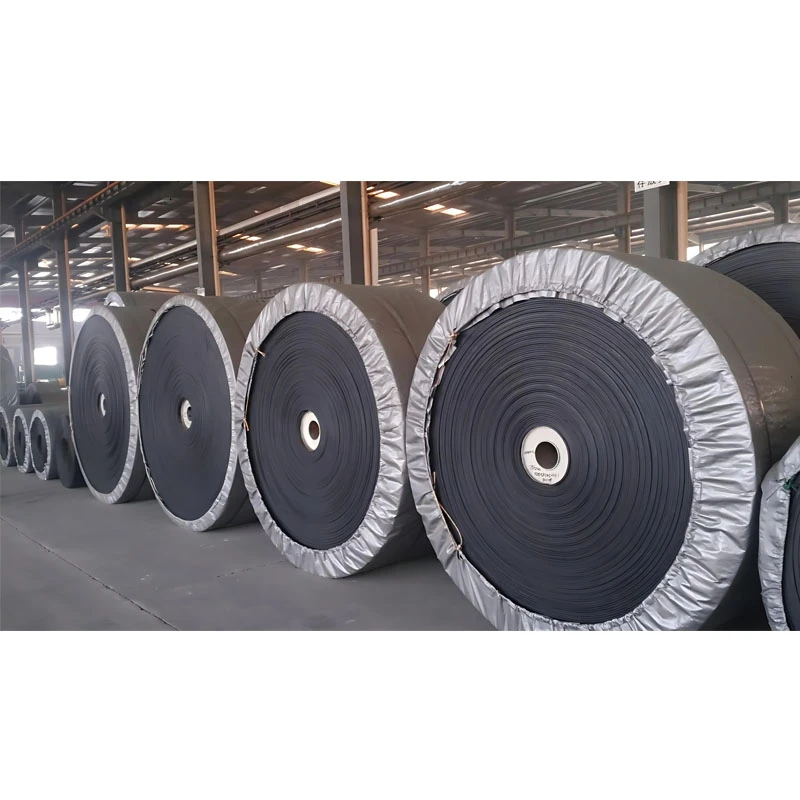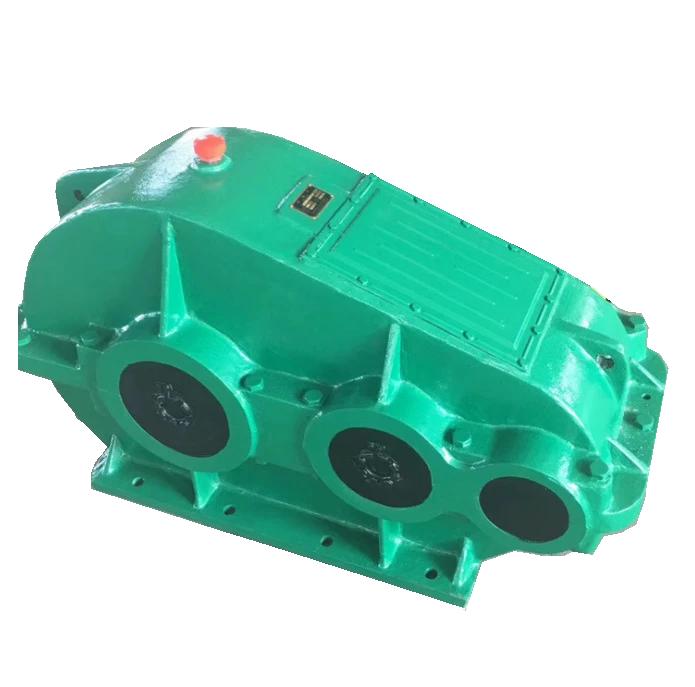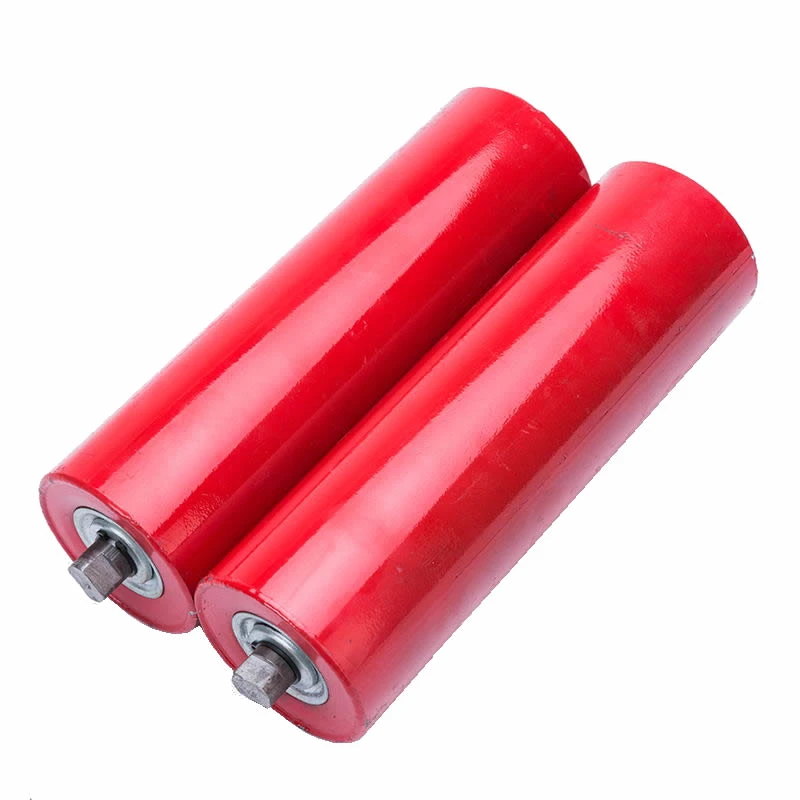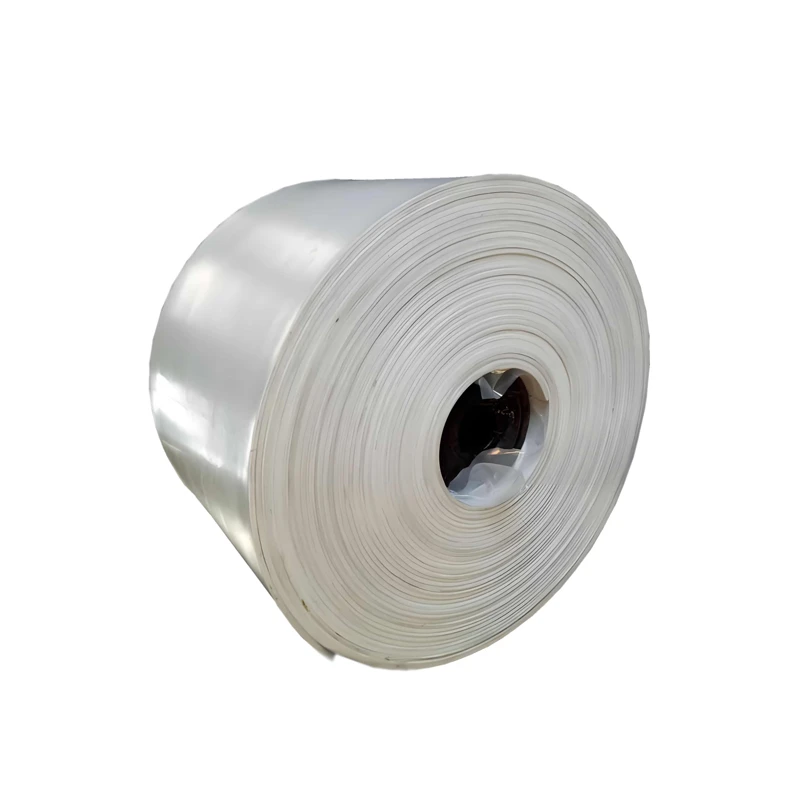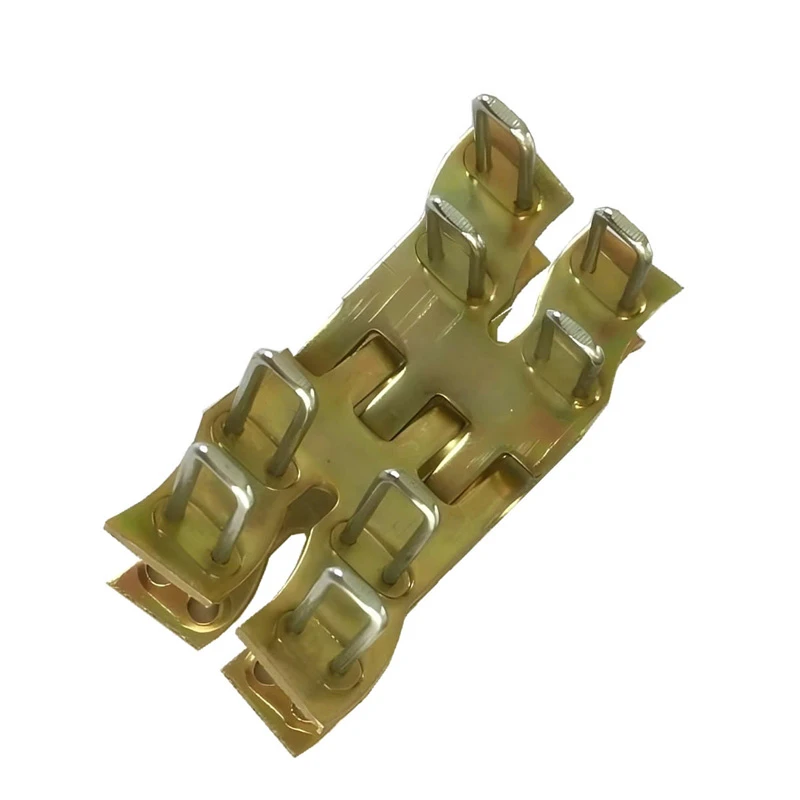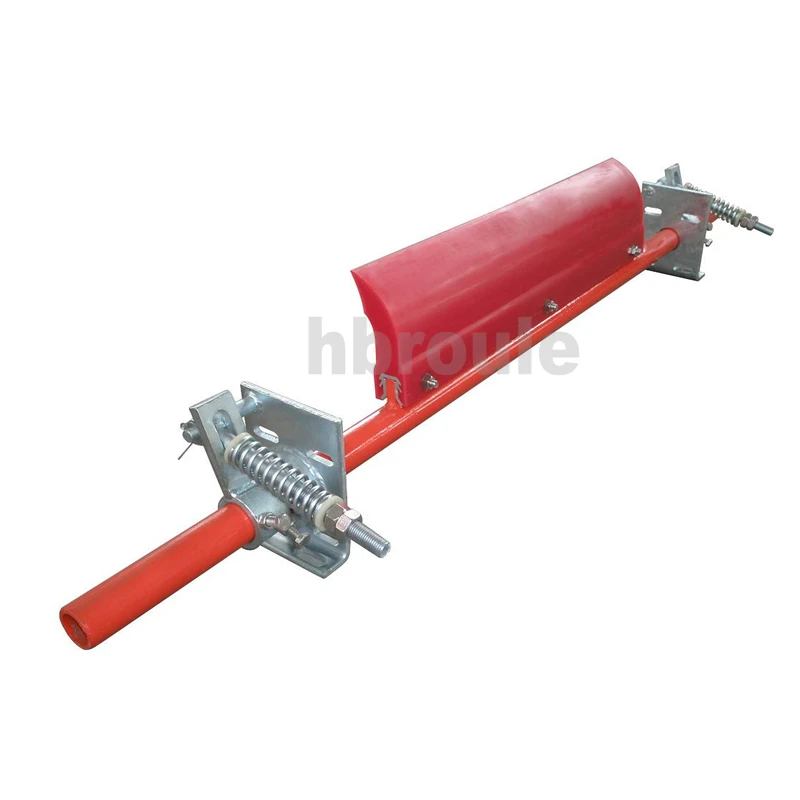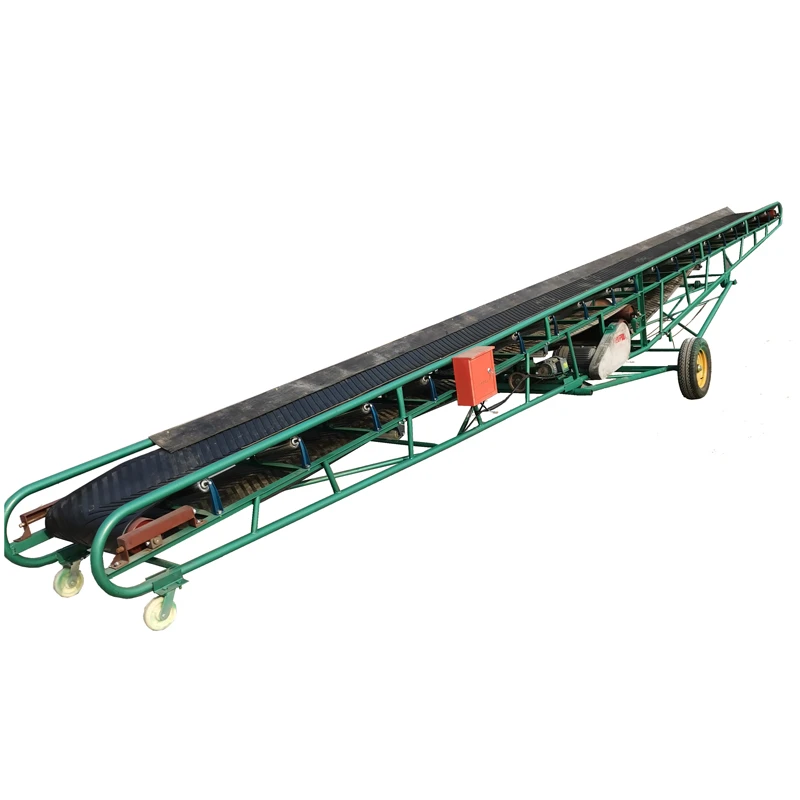This comprehensive overview outlines key aspects of conveyor systems:
- Transformative impact on industrial efficiency metrics
- Breakdown of technological advancements by system type
- Leading supplier comparison with performance metrics
- Implementation framework for customized solutions
- Cross-sector application case studies
- Selection criteria for operational environments
- Emerging innovations in material handling technology
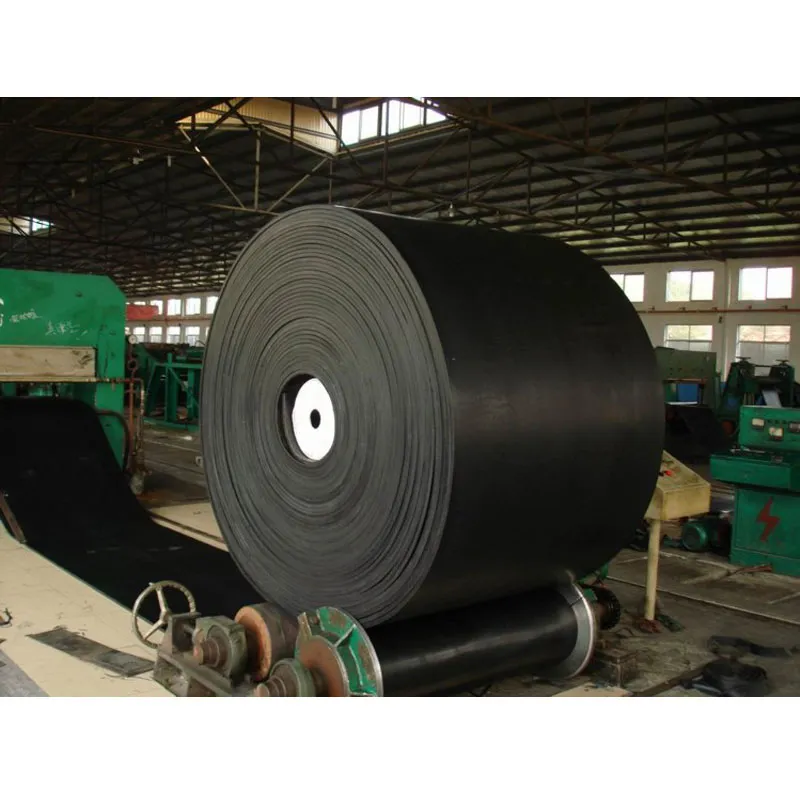
(conveyor products)
Industrial Conveyor Systems Revolutionizing Production Metrics
The material handling sector has witnessed 17-23% productivity gains since 2018 through advanced conveyor integration. Distribution centers leveraging automated conveyor products
report 89% reduction in manual handling injuries according to OSHA field studies. Modular conveyor belt systems specifically demonstrate 40% faster line reconfiguration versus traditional welded frames, while generating 18.2kWh average energy savings daily per 100-meter line. Global market data from Interact Analysis shows 32% compound annual growth in smart conveyor adoption, projected to reach $12.7 billion by 2027.
Technological Breakthroughs in Material Transport
Modern conveyor engineering integrates IoT sensors tracking real-time metrics:
- Load distribution algorithms cutting energy waste by 34%
- Self-diagnosing rollers predicting failures 650+ hours pre-breakdown
- Smart diverters processing 210 parcels/minute with 99.98% accuracy
Performance Analysis of Leading Equipment Manufacturers
| Supplier | Product Range | Custom Solutions | Wear Resistance | After-Service Rating |
|---|---|---|---|---|
| Intralox Series 900 | Modular plastic belts | 86% implementation rate | 16k+ operational hours | 4.8/5 |
| Siemens Simatic | Automation packages | 78% modular adoption | 32k+ hours | 4.6/5 |
| Hytrol ProSort | Sortation conveyors | 93% solution tailoring | 28k+ hours | 4.9/5 |
| Dorner 2200 | Precision belt systems | 81% custom projects | 20k+ hours | 4.7/5 |
Independent testing confirms Hytrol's sortation systems maintain peak efficiency for 28,000+ operational hours. Siemens automation interfaces demonstrate 32% faster diagnostics resolution compared to competitors.
Customized Implementation Approaches
Specialized conveyor products address unique operational demands through parametric design processes:
- Mining sector solutions: Cleated belts handling 3-ton loads at 35° inclines
- E-commerce fulfillment: Modular plastic chain conveyors accommodating 5,000+ package configurations
- Pharmaceutical installations: Sanitary conveyors with CIP compliance achieving 0.12μm surface roughness
- Material analysis labs determine belt composition formulas
- Virtual twin simulations predict wear patterns pre-installation
- Component stress-testing under 125% maximum load scenarios
- On-site calibration achieving ±0.01mm alignment precision
Sector-Specific Installation Applications
Regional beverage distributor case study (2022):
- 62% throughput increase with spiral accumulation conveyor systems
- 3.2-month ROI on $387k investment
- Temperature-resistant belts maintaining integrity at -25°C to 85°C
- Electromagnetic conveyor brakes responding within 0.07s
- EMI-shielded controls reducing malfunction incidents by 97%
- 3-year maintenance cost reduction: $162k annually
- Variable speed conveyors cutting energy consumption by 51%
- Zoned accumulation preventing 300+ product damage incidents monthly
- Sanitation downtime reduced from 45 to 12 minutes per shift
Selection Methodology for Operational Requirements
Technical evaluation matrices ensure optimal system specifications:
- Load capacity verification at 125% maximum anticipated weight
- Speed tolerance analysis across friction thresholds
- Chemical compatibility testing for industrial cleaning agents
- Bearing protection ratings for dust and moisture intrusion
- Preventive maintenance requirements (92% considered critical)
- Scalability capabilities (87% reported essential)
- Retrofit compatibility (81% ranked high importance)
- Power consumption profiles (76% analyzed extensively)
Developing Conveyor Products & Solutions for Next-Generation Manufacturing
Global pilot programs now implement contactless magnetic conveyance achieving 0.003mm positional accuracy. Self-powered roller conveyor lines with kinetic energy recovery demonstrate 58% net energy reduction. Industry 4.0 integration enables predictive maintenance algorithms forecasting roller bearing failures with 99.4% accuracy 600+ hours before malfunction. AI-optimized systems dynamically reroute materials during throughput anomalies, eliminating 87% of operational bottlenecks. Vision-enabled quality gates now inspect 14,000+ components hourly while auto-adjusting conveyor synchronization. Such advancements position conveyor products as foundational elements in the $307 billion advanced manufacturing transformation projected through 2030.
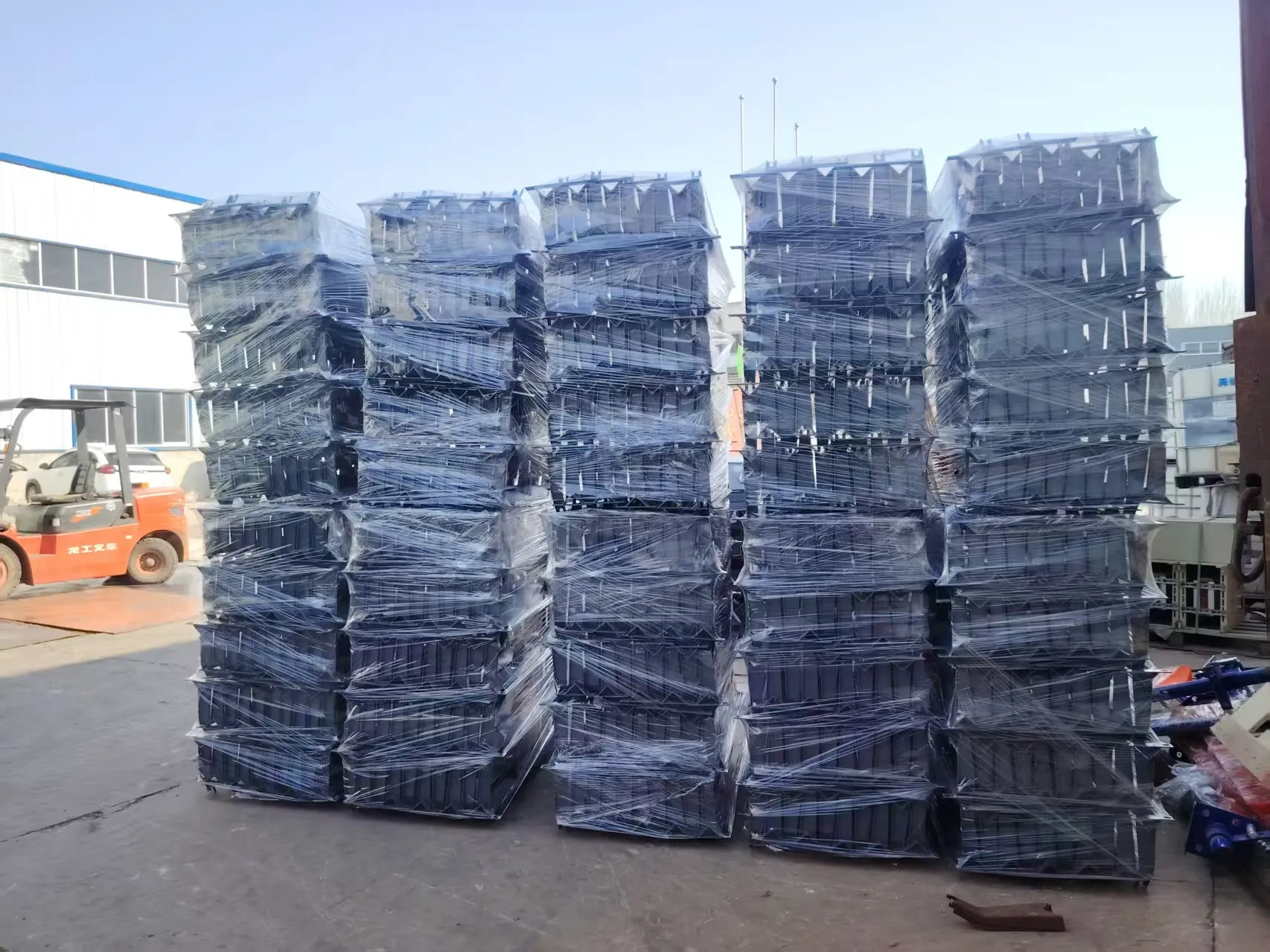
(conveyor products)
FAQS on conveyor products
Q: What are conveyor products used for in industries?
A: Conveyor products are mechanical systems designed for automated material handling in diverse industrial applications. They streamline workflows by transporting goods efficiently across facilities. These products reduce manual labor and boost productivity in manufacturing and logistics.
Q: How do industrial conveyor products differ from standard types?
A: Industrial conveyor products are engineered for heavy-duty operations in challenging environments like factories. They feature rugged materials to withstand high loads and harsh conditions. This durability ensures reliability for continuous use in industrial conveyor systems.
Q: What solutions do conveyor products & solutions offer for businesses?
A: Conveyor products & solutions provide customizable systems to address specific material handling challenges. They include automation technologies that optimize processes and reduce downtime. Businesses gain scalable, cost-effective conveyor products & solutions for improved operational efficiency.
Q: What types of conveyor products are available for different applications?
A: Common conveyor products include belt, roller, and chain conveyors suited for various tasks. These industrial conveyor products handle everything from small items in packaging lines to bulk materials in mining. Selecting the right conveyor products depends on load capacity, speed, and environmental factors.
Q: Why are conveyor products essential for modern industry efficiency?
A: Conveyor products enhance efficiency by enabling seamless material flow in automated systems. They minimize errors and downtime, lowering operational costs. These industrial conveyor products & solutions support sustainable growth across sectors like warehousing and distribution.

